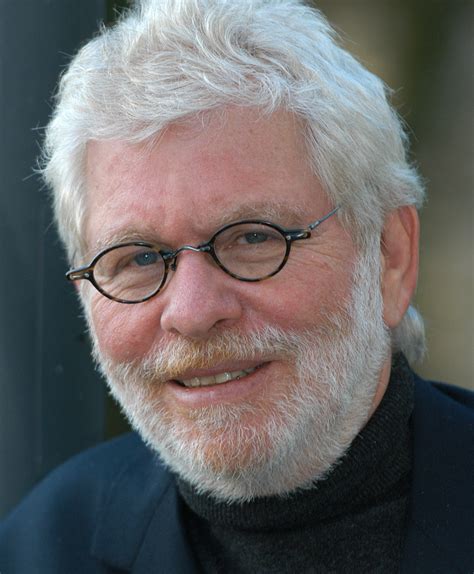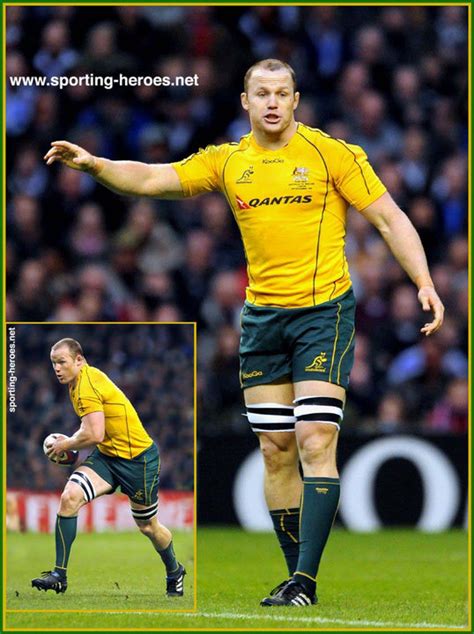A Quote by Earl A Grollman
For survivors, the word closure often connotes that the bereaved are underachievers who flunked a grief course.
Related Quotes
Television has never known what to do with grief, which resists narrative: the dramas of grief are largely internal - for the bereaved, it is a chaotic, intense, episodic period, but the chaos is by and large subterranean, and easily appears static to the friendly onlooker who has absorbed the fact of loss and moved on.
One of the difficulties with grief research is that it risks making certain kinds of grief seem normal and others abnormal - and of course having a sense of the contours of grief is, I think, truly useful, one has to remember it's not a science, it's an individual reckoning, which science is just trying to help us describe.
Survivors do not mourn together. They each mourn alone, even when in the same place. Grief is the most solitary of all feelings. Grief isolates, and every ritual, every gesture, every embrace, is a hopeless effort to break through that isolation. None of it works. The forms crumble and dissolve. To face death is to stand alone.
































